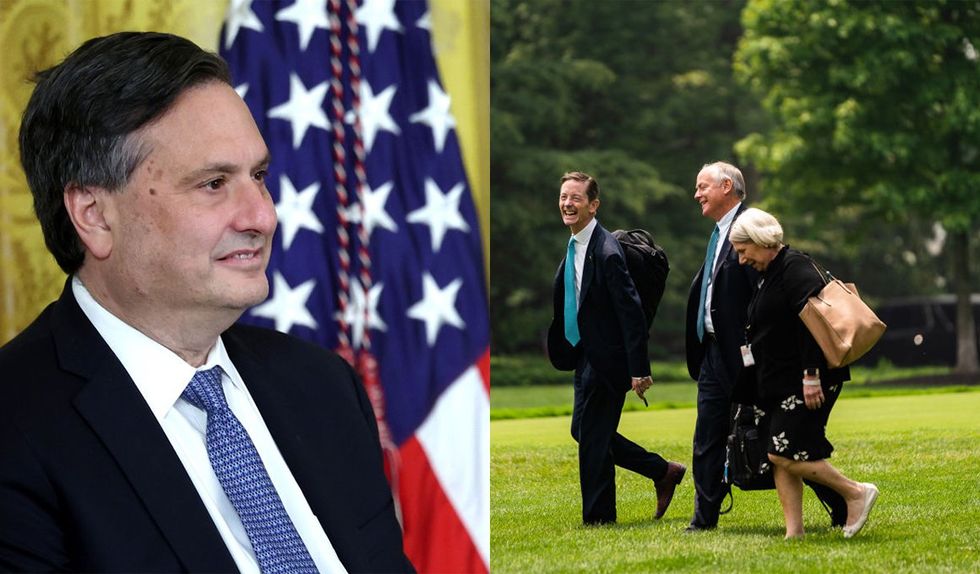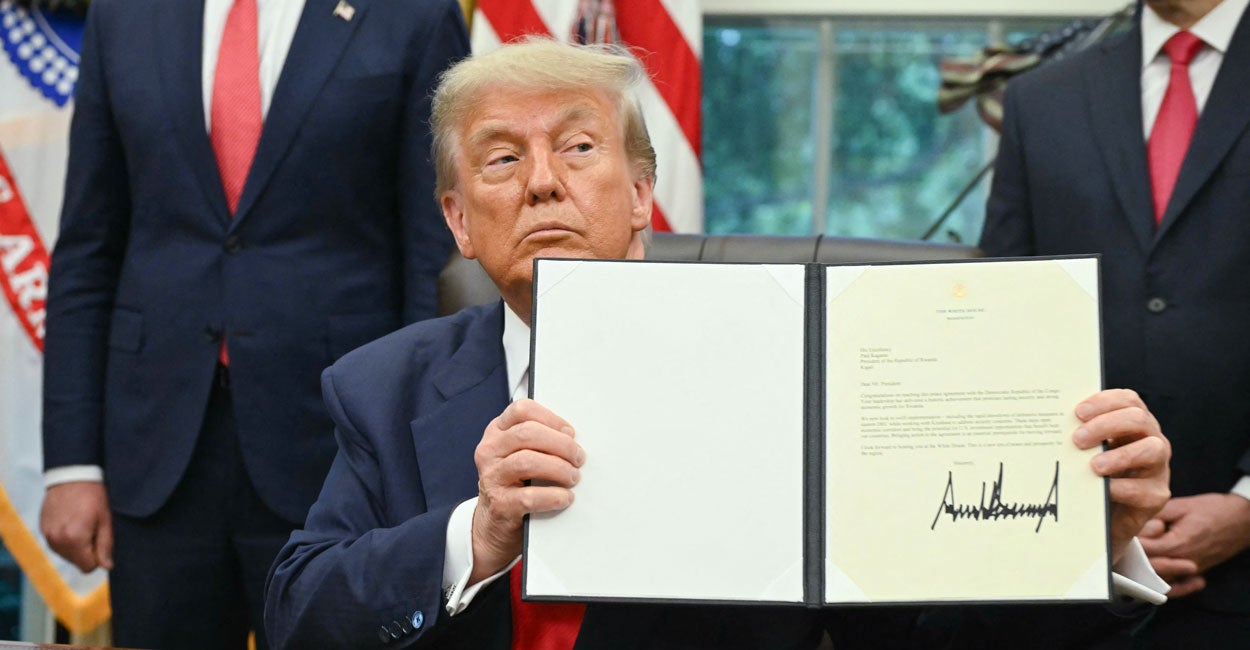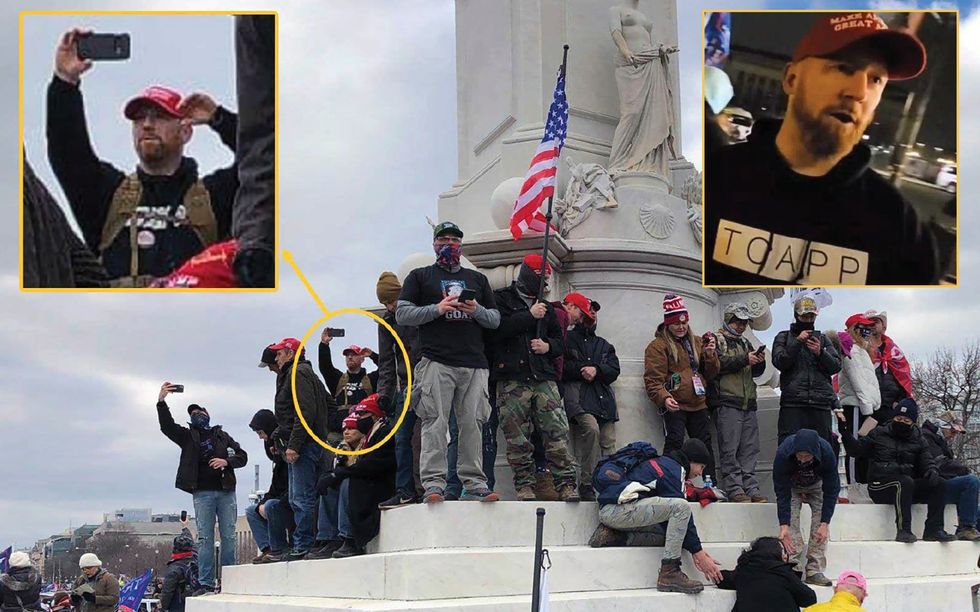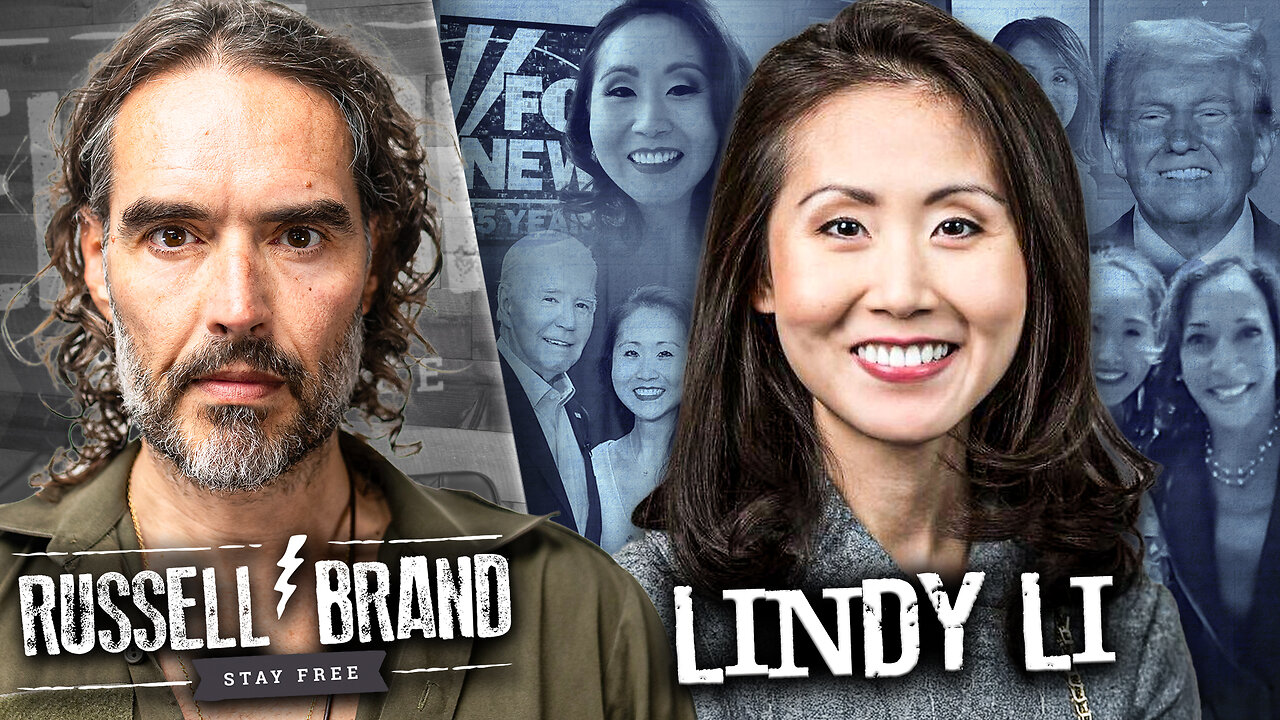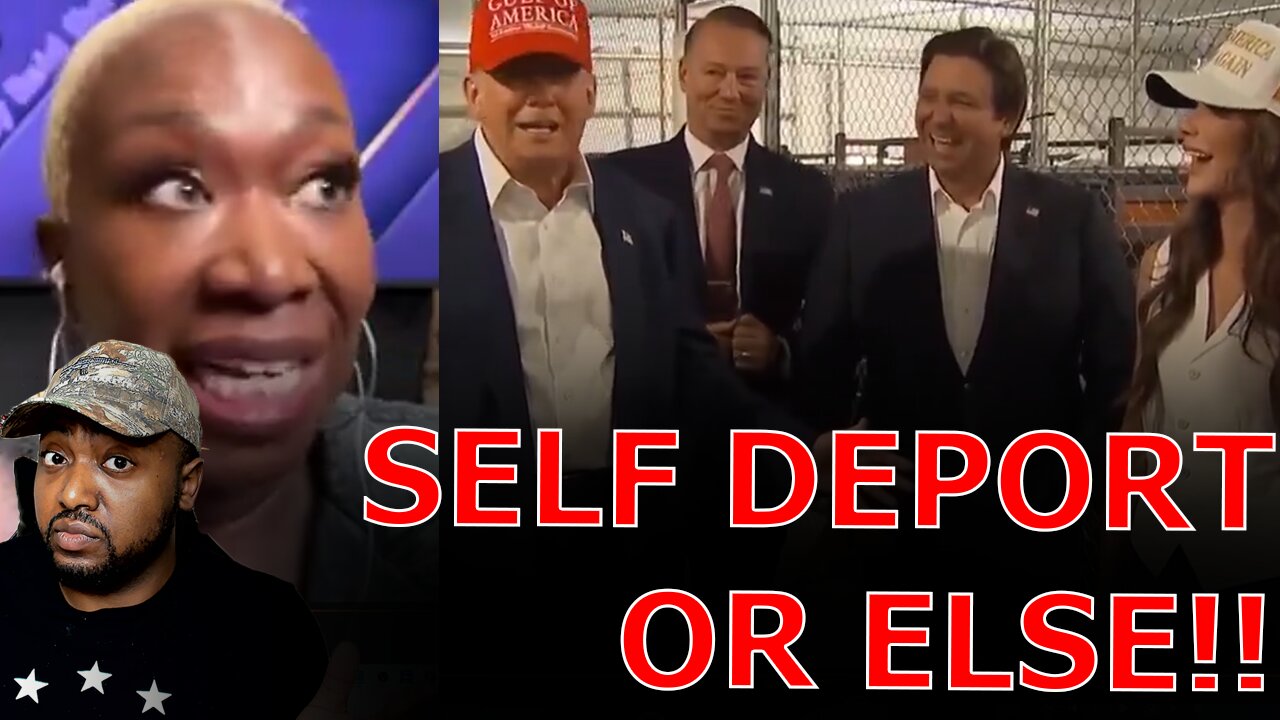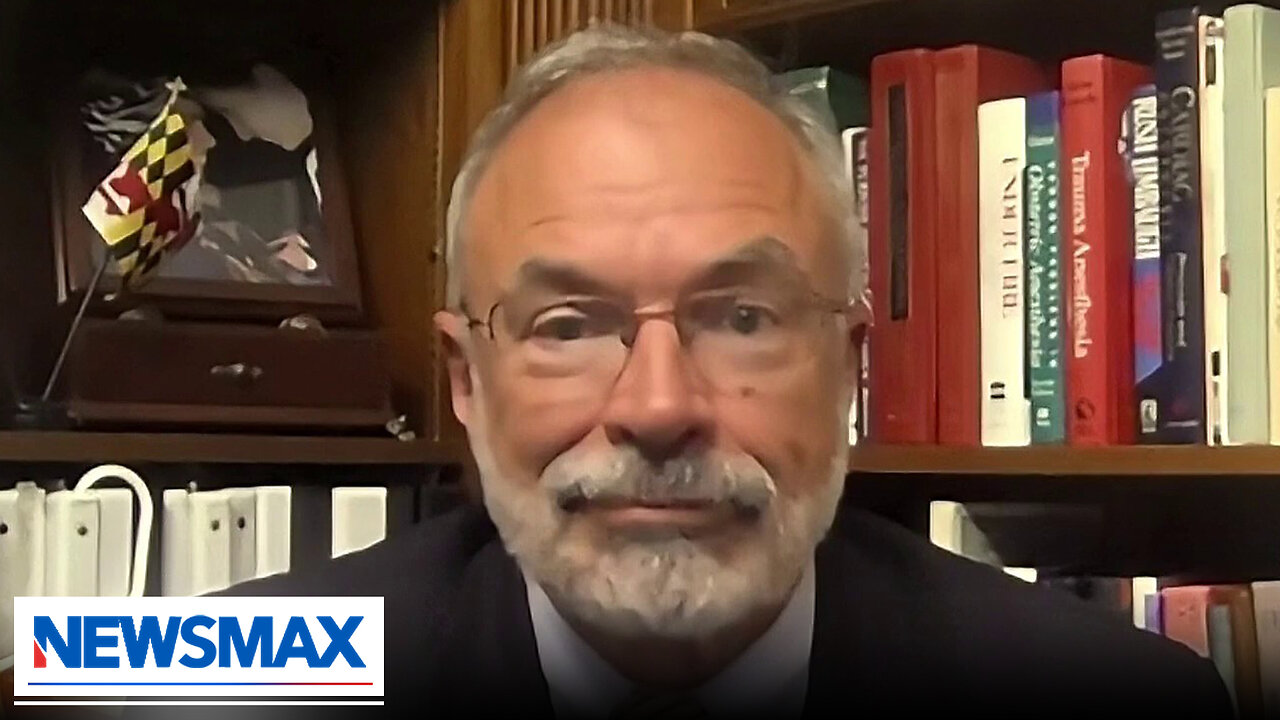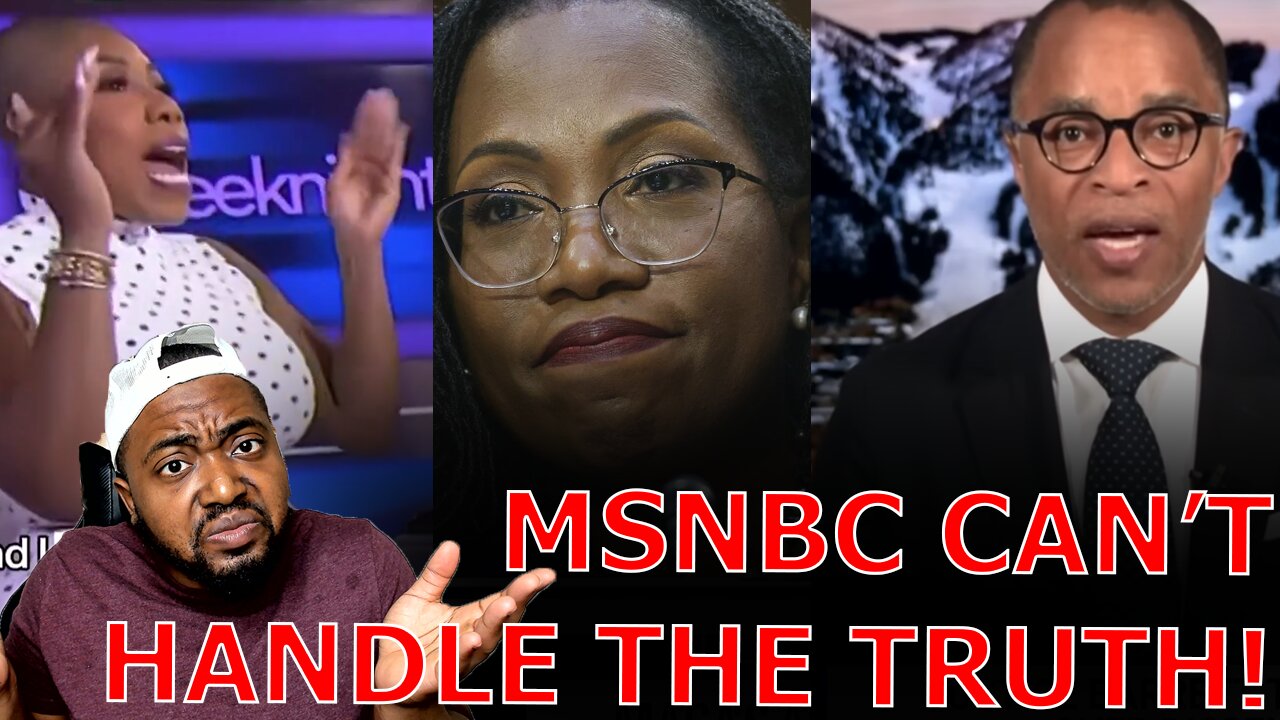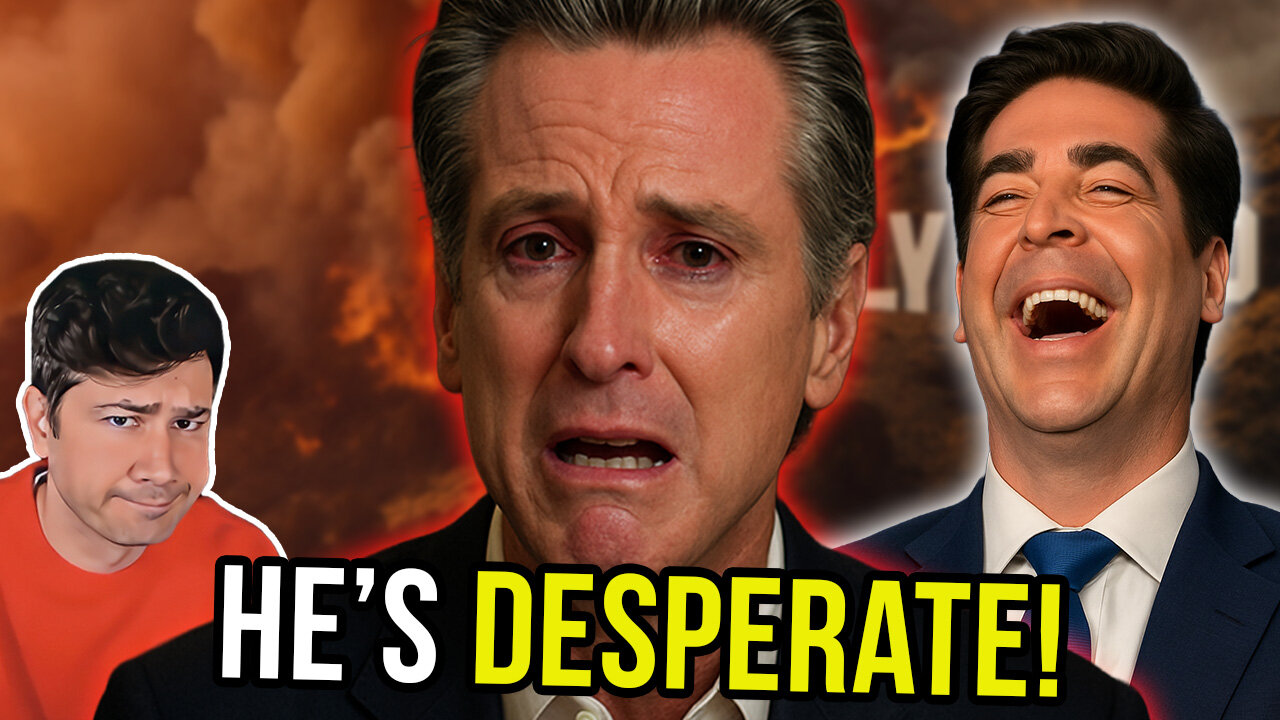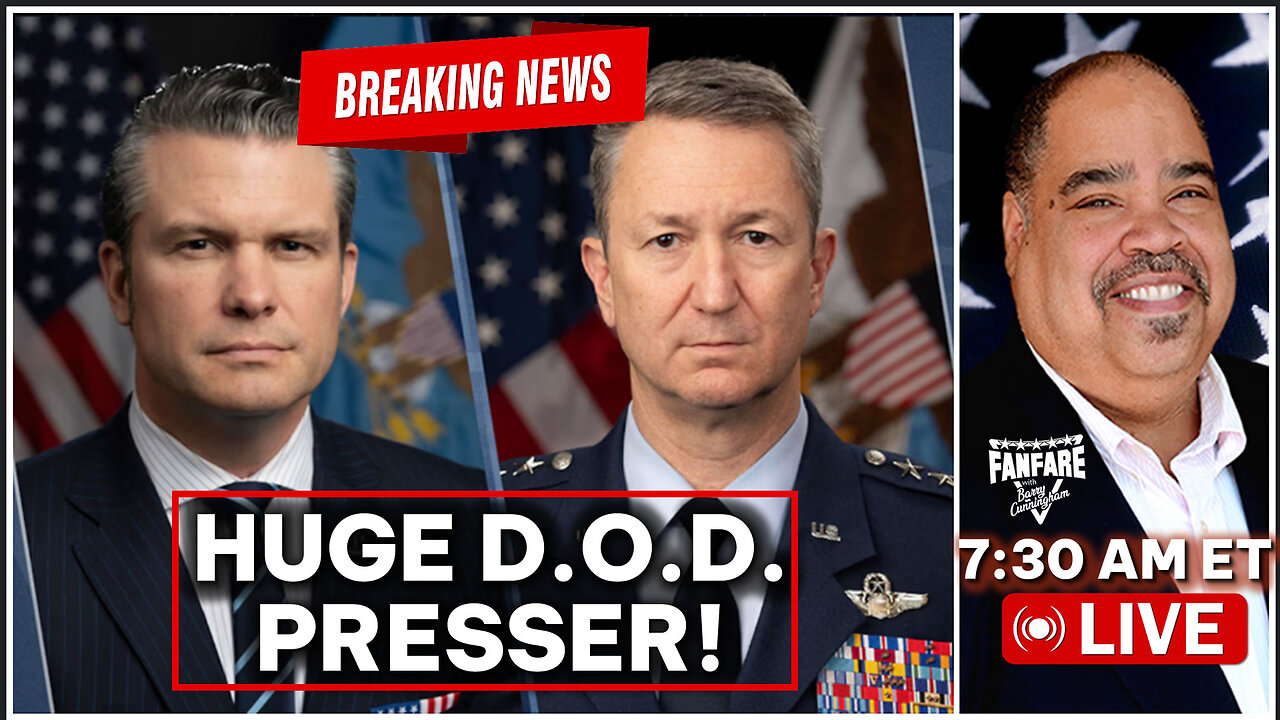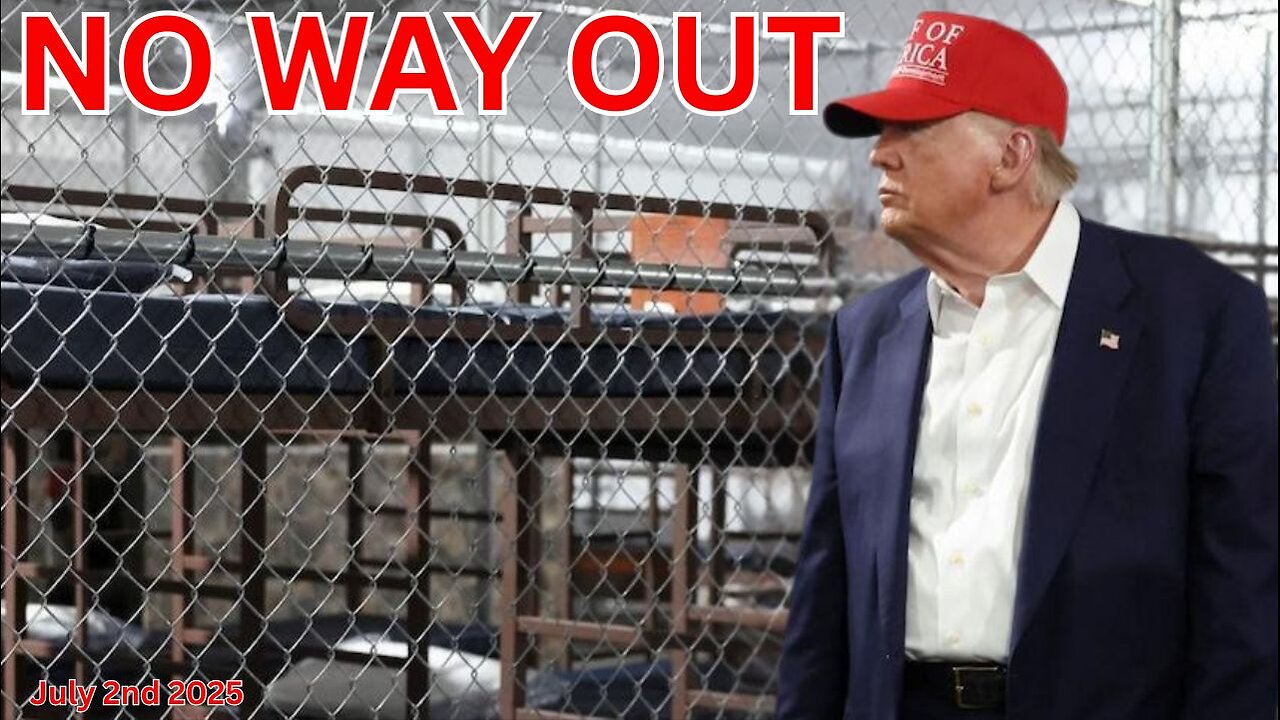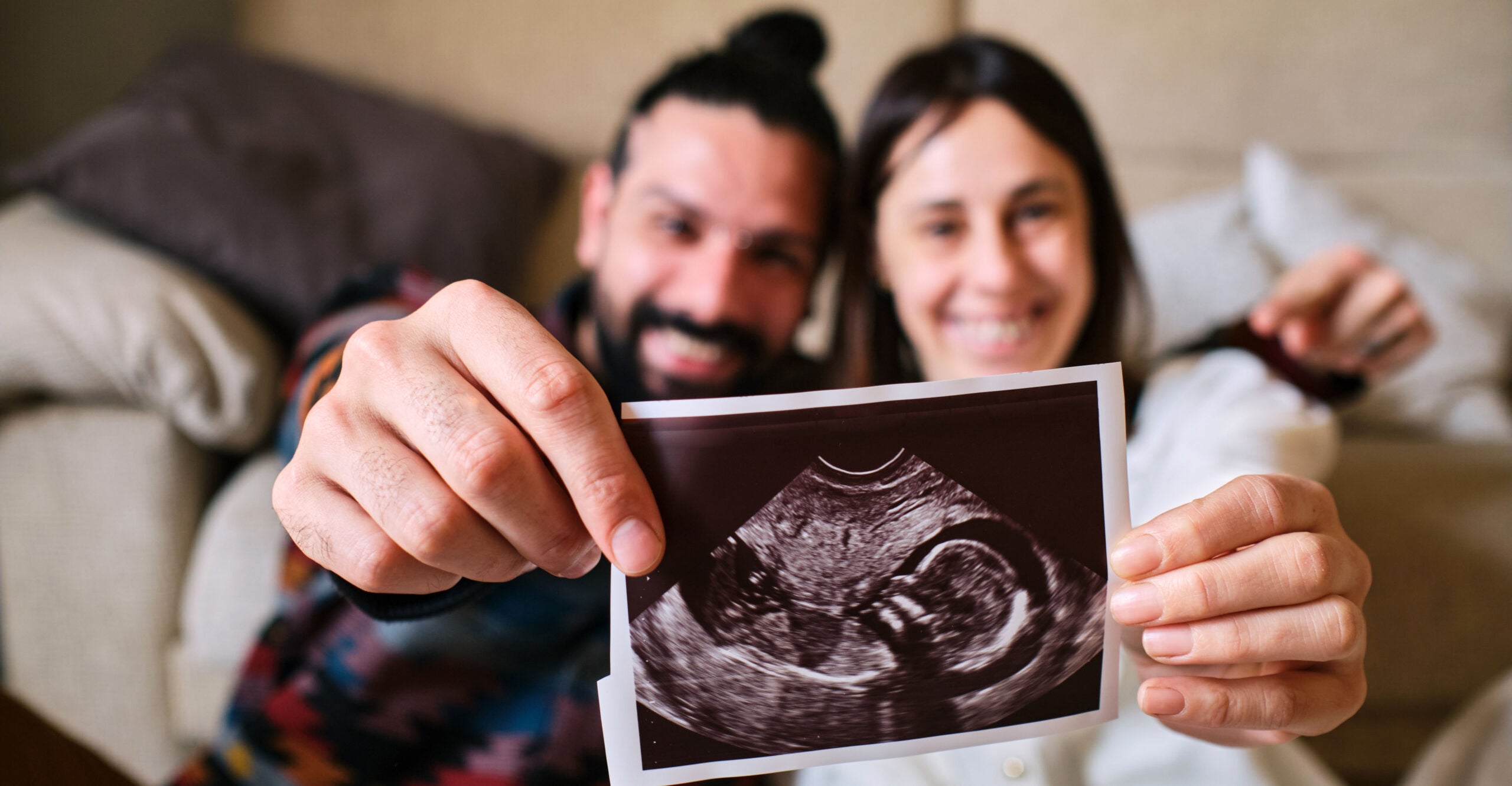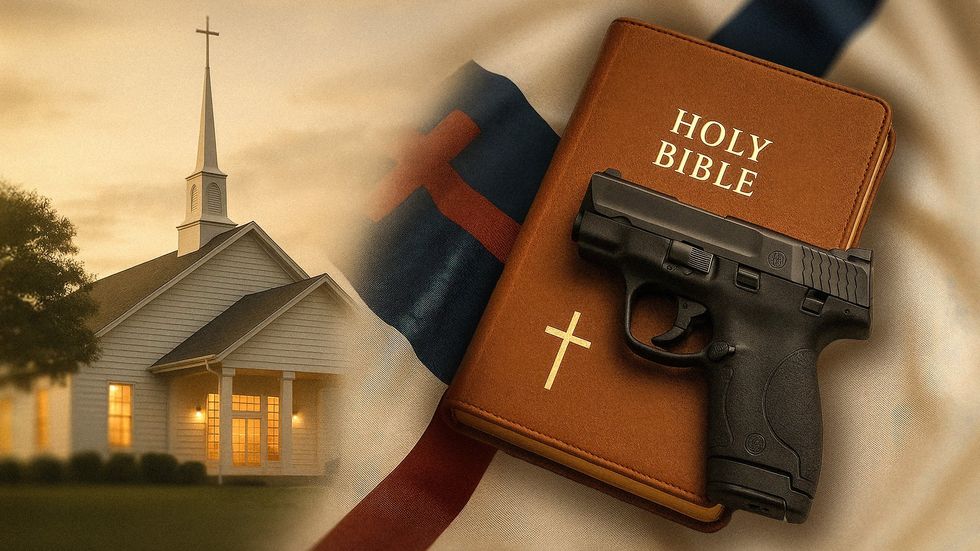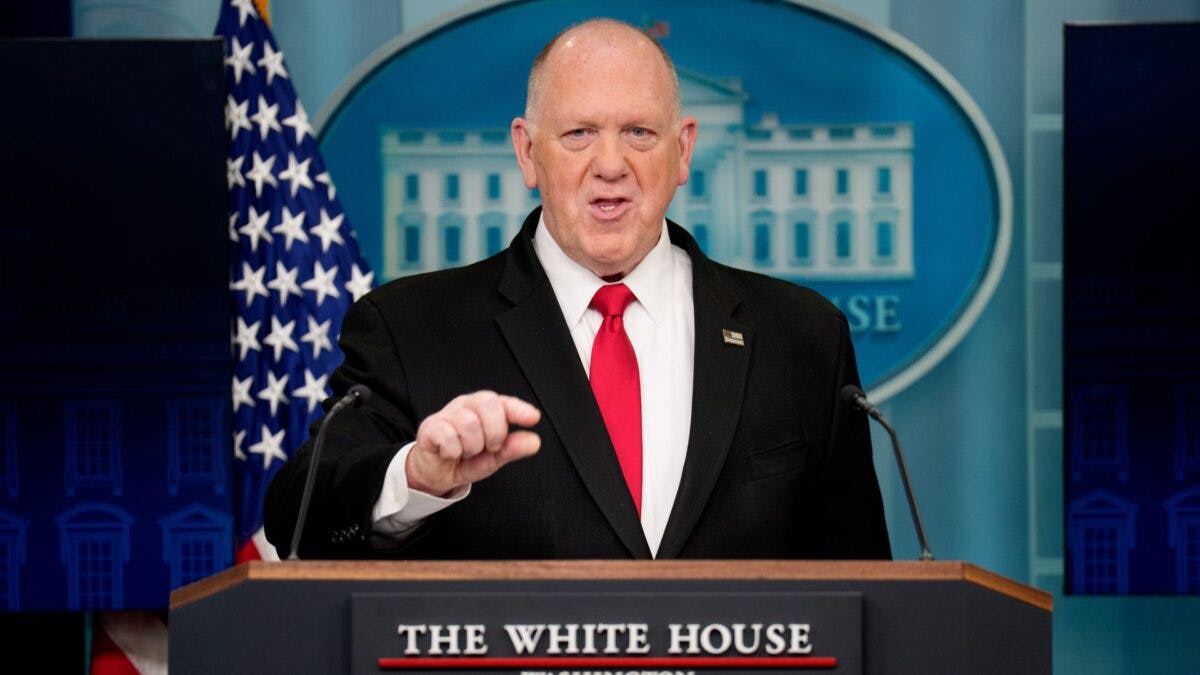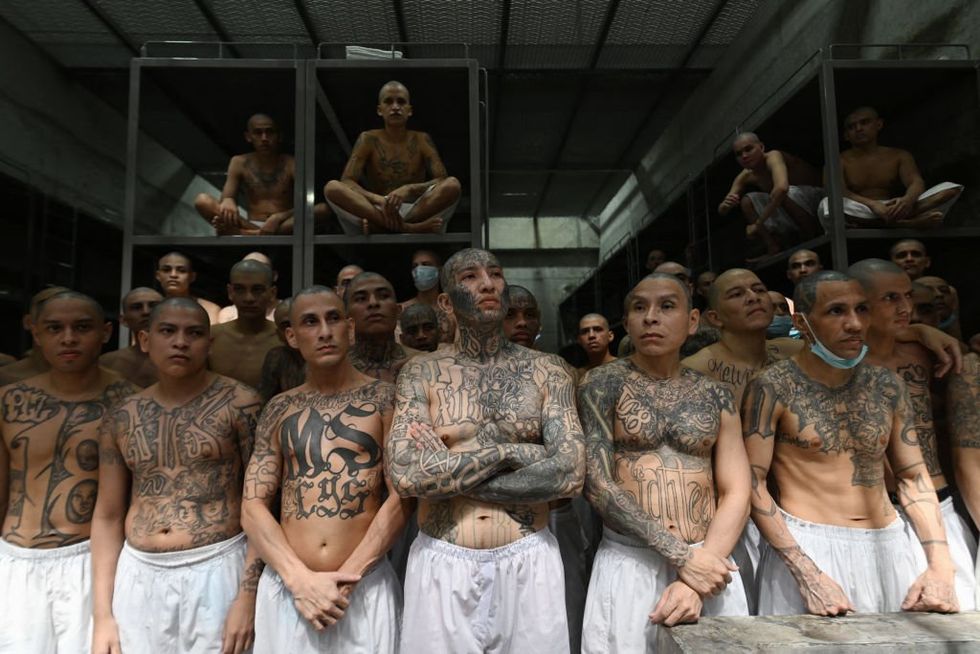How A Single Word Is Poised To Play Havoc With Virginia’s Laws, Culture
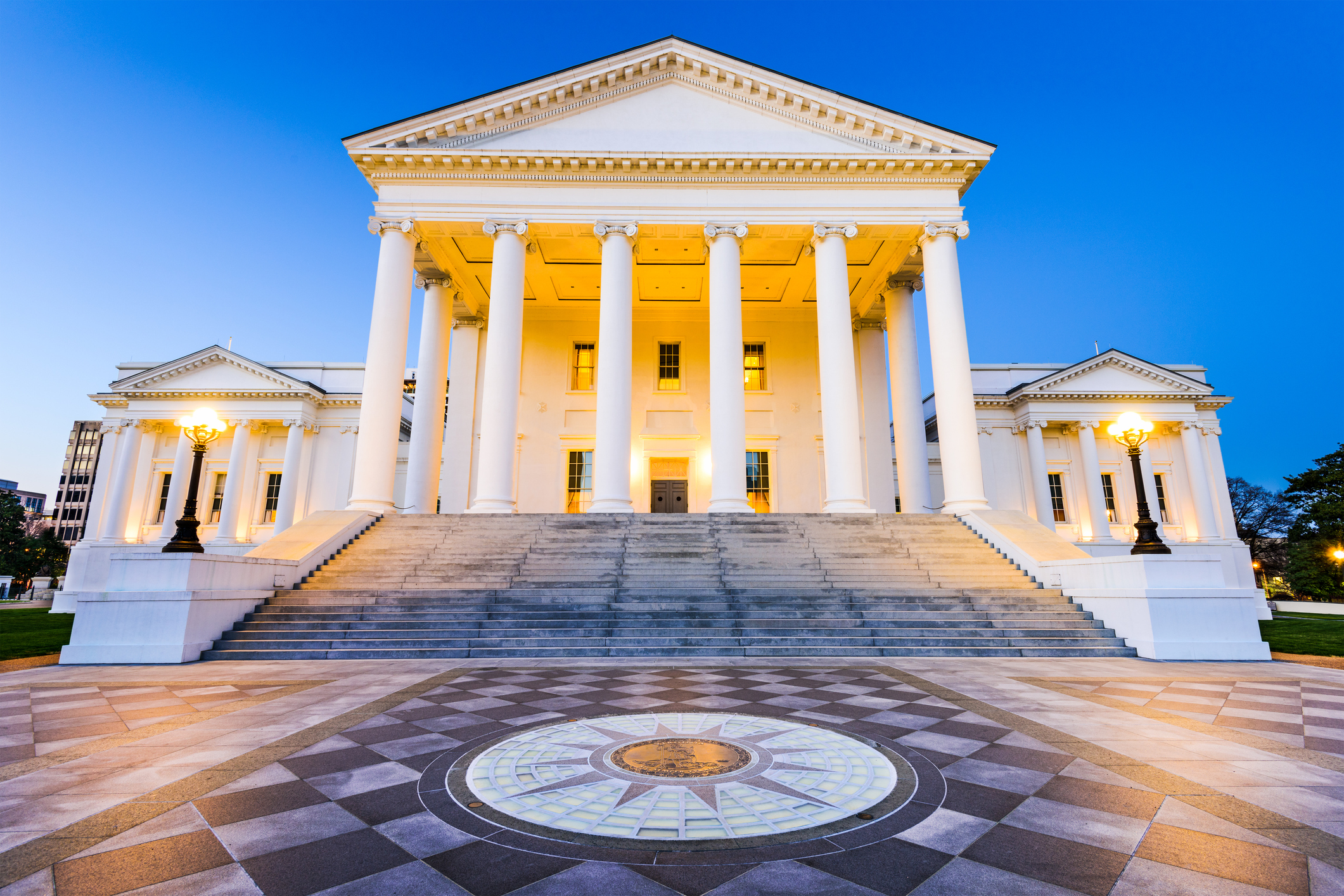
How much difference can one word make?
Some Virginia legislators seem curiously eager to find out—and if they do, the people of the commonwealth may be worse for the experiment.
Senate Joint Resolution 249 (and its House counterpart, H.J. 9) is now working its way through the state’s General Assembly. If enacted by two consecutive legislatures and approved by the people, the proposed amendment would alter Virginia’s constitution to say that any lawful marriage must be recognized by state and local officials without regard to sex, race, or—and here’s that ominous word—“gender.”
What’s the difference between “gender” and “sex?” Well, the latter is fixed: a person is born and remains either a man or a woman. The former is fluid, distilled from the notion that one’s sexual identification is somehow different from (and more important than) one’s natural biology … and can change sometimes even over the course of a day.
Amending the state’s foundational document to put gender in the same category as sex and race in issuing marriage licenses would be a radical step—and there are five reasons for state legislators to think twice before taking it, especially now during National Marriage Week.
First, when government officials elevate gender and gender identity in law, we’ve seen chaos and the abuse of longstanding fundamental rights.
Look at some of the biggest cultural issues in America today: men in women’s sports, school officials withholding information from parents about their child’s gender confusion, and activists pushing puberty blockers and cross-sex hormones for children. These were born out of legally separating sex from gender identity. Bad ideas—especially those enshrined in the constitution—have victims. And more often than not, it’s our children who suffer the most.
Second, passing this amendment will issue activist judges a license to pursue a radical agenda.
Adding “gender” to the Virginia Constitution could give these judges a basis for pushing a more comprehensive constitutional embrace of “gender” and potentially block legislators from passing laws that accurately reflect the distinctions between women and men.
Third, the amendment is unnecessary.
The sponsors of this resolution profess concern that rights to interracial and same-sex marriage might somehow be taken away. But both are already protected by federal law: Interracial marriage was settled by the U.S. Supreme Court in the Loving decision (1967); same-sex unions were affirmed in the high court’s Obergefell ruling (2015). What’s more, the Virginia General Assembly passed a law last year virtually identical to the one in question. What they want this amendment to do has already been done—and the legislators pushing this resolution have to know that. Which means …
Fourth, they must have another reason for pushing it.
If these legislators are—as they claim—only worried about preserving same-sex marriage, they could have just added the word “sex” to their proposed amendment. A person’s gender identity has never been the basis for holding back a marriage license. The whole argument for same-sex unions was to change the historic definition of marriage as the legal binding of two people of the opposite biological sex. Gender has never come into the discussion.
Fifth, this resolution includes a conspicuous exclusion. A prior version included religious liberty protections, but they were removed.
What can the reason be for excising religious liberty guarantees from the proposed amendment? Those protections ensure that those who sincerely believe marriage is the sacred union of one man and one woman are not compelled to assist or participate in other celebrations of marriage. The religious protections that were part of that near-identical law passed last year drew significant ire from opponents during a hearing related to the bill and now have been eliminated from the language under consideration. There’s no reason for that omission, apart from a deliberate intent to curtail religious freedom in regard to this issue.
All of which raises a lot of questions about the intentions of those sponsoring this far-reaching resolution. And those concerns give Virginians who value the rights, health, and safety of women—of engaged and caring parents wanting the best for their children—and of conscientious people of faith—a lot of reasons to look closely at Senate Joint Resolution 249 and its House companion.
One word, carefully placed, could bring a great deal of unwanted change to Virginia. Here’s hoping a word to the wise is timely enough to change that.
* * *
Gregory S. Baylor is senior counsel and director of the Center for Religious Schools with Alliance Defending Freedom (@ADFLegal).
The views expressed in this piece are those of the author and do not necessarily represent those of The Daily Wire.
Originally Published at Daily Wire, Daily Signal, or The Blaze
What's Your Reaction?
 Like
0
Like
0
 Dislike
0
Dislike
0
 Love
0
Love
0
 Funny
0
Funny
0
 Angry
0
Angry
0
 Sad
0
Sad
0
 Wow
0
Wow
0


